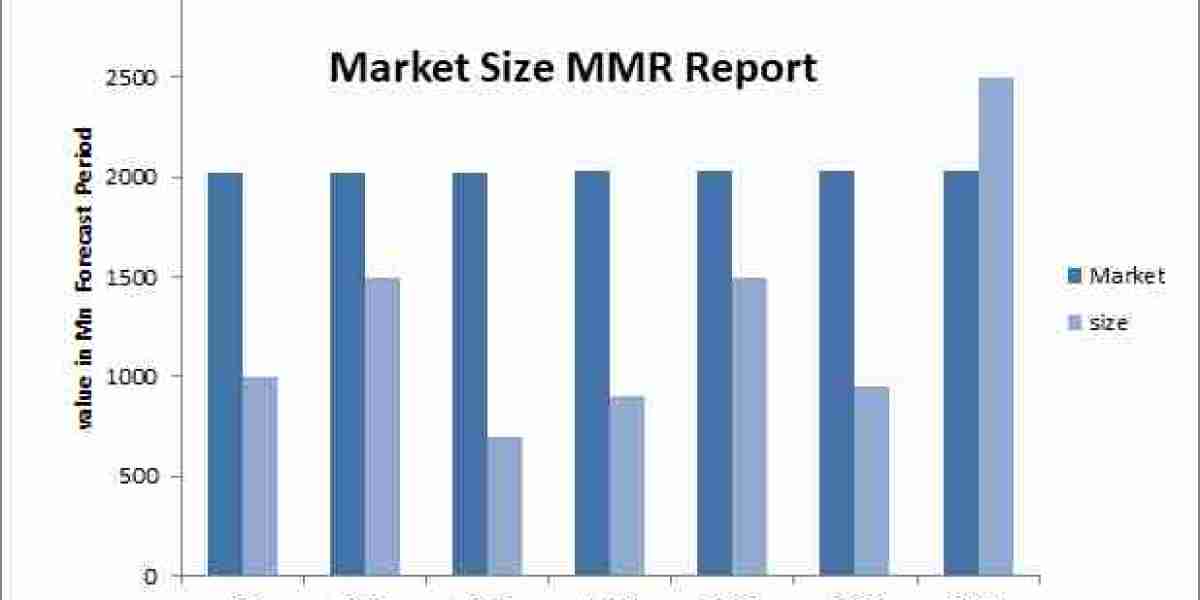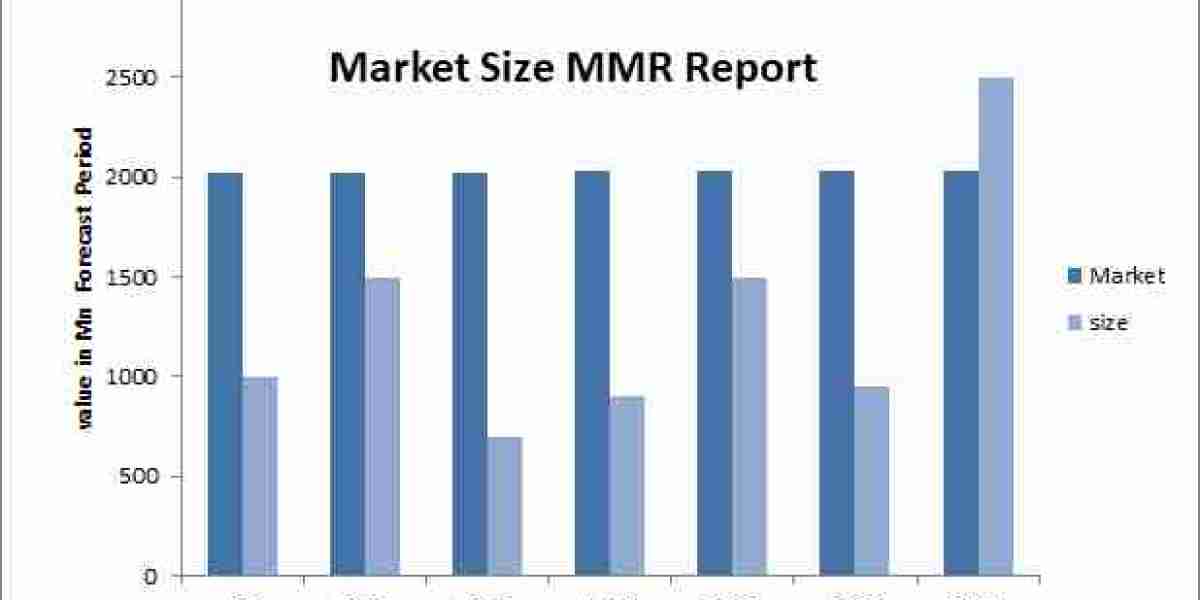In today's globalized market, businesses have a plethora of options when it comes to sourcing products. The choice between domestic and international wholesale suppliers can significantly impact a company's bottom line, compliance obligations, and delivery timelines. This article delves into the comparative advantages and challenges of sourcing from wholesale suppliers in Canada versus overseas counterparts.
Cost Considerations
Wholesale Suppliers in Canada
Because of Canada's high labor costs, strict environmental laws, and greater operating overheads, sourcing locally frequently results in higher unit costs. Domestic vendors, however, can provide discounts in additional areas:
- Decreased Shipping Costs: Transportation costs are reduced when distances are shorter.
- Customs duties and tariffs that apply to foreign shipments are avoided when there are no import levies.
- Currency Stability: Exchange rate risks are eliminated when transactions are made in Canadian dollars.
Overseas Wholesale Suppliers
International suppliers, particularly from regions like Asia, often provide lower production costs due to cheaper labor and materials. However, these savings can be offset by:
Shipping Costs: Freight costs over long distances might be high.
Import Taxes and Duties: A number of taxes and tariffs apply to goods that are brought into Canada.
Currency fluctuations: Variability in exchange rates can have an impact on total expenses.
According to a Canadian Federation of Independent Business report, transportation costs were cited as a major obstacle by 66% of SMEs involved in foreign trade, a 15 percentage point rise since 2017.
Compliance and Regulatory Requirements
Domestic Compliance
Canadian suppliers are subject to national regulations, ensuring product safety and quality. Key regulations include:
- Canada Consumer Product Safety Act (CCPSA): Mandates safety standards for consumer products.
- Bilingual Labeling Requirements: Products must be labeled in both English and French.
- Environmental Regulations: Strict guidelines on packaging and waste management.
These regulations provide a level of assurance regarding product quality and safety.
International Compliance
Overseas suppliers may not adhere to Canadian standards, necessitating additional due diligence:
- Product Testing: Ensuring products meet Canadian safety standards.
- Certification Verification: Validating the authenticity of certifications and compliance documents.
- Customs Documentation: Proper paperwork is essential to avoid delays and penalties.
Non-compliance can lead to product recalls, legal issues, and damage to brand reputation.
Delivery Speed and Reliability
Canadian Suppliers
Domestic sourcing typically offers faster and more reliable delivery:
- Shorter Transit Times: Products can often be delivered within days.
- Simplified Logistics: Fewer complications related to customs and international shipping.
- Responsive Communication: Easier coordination and issue resolution due to proximity and time zone alignment.
Overseas Suppliers
International sourcing can introduce delays:
- Longer Shipping Times: Depending on the shipping method, delivery can take from several days to over a month.
- Customs Clearance: Potential for delays due to inspections and paperwork.
- Communication Barriers: Time zone differences and language barriers can hinder prompt communication.
These factors can impact inventory management and customer satisfaction.
Strategic Considerations
When deciding between domestic and international suppliers, businesses should consider:
- Product Type: High-value or perishable goods may benefit from domestic sourcing.
- Order Volume: Large orders might justify the complexities of international sourcing due to cost savings.
- Lead Time Flexibility: If rapid replenishment is crucial, domestic suppliers may be preferable.
- Risk Tolerance: Assess the company's ability to manage potential risks associated with international trade.
Conclusion
There are unique benefits and difficulties for both Canadian and foreign wholesale suppliers. Domestic suppliers have advantages in terms of delivery dependability and compliance assurance, even when foreign suppliers might offer cost savings. To make well-informed sourcing decisions, businesses must consider these aspects in relation to their operational priorities and risk tolerance.




